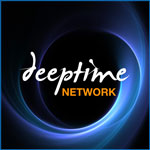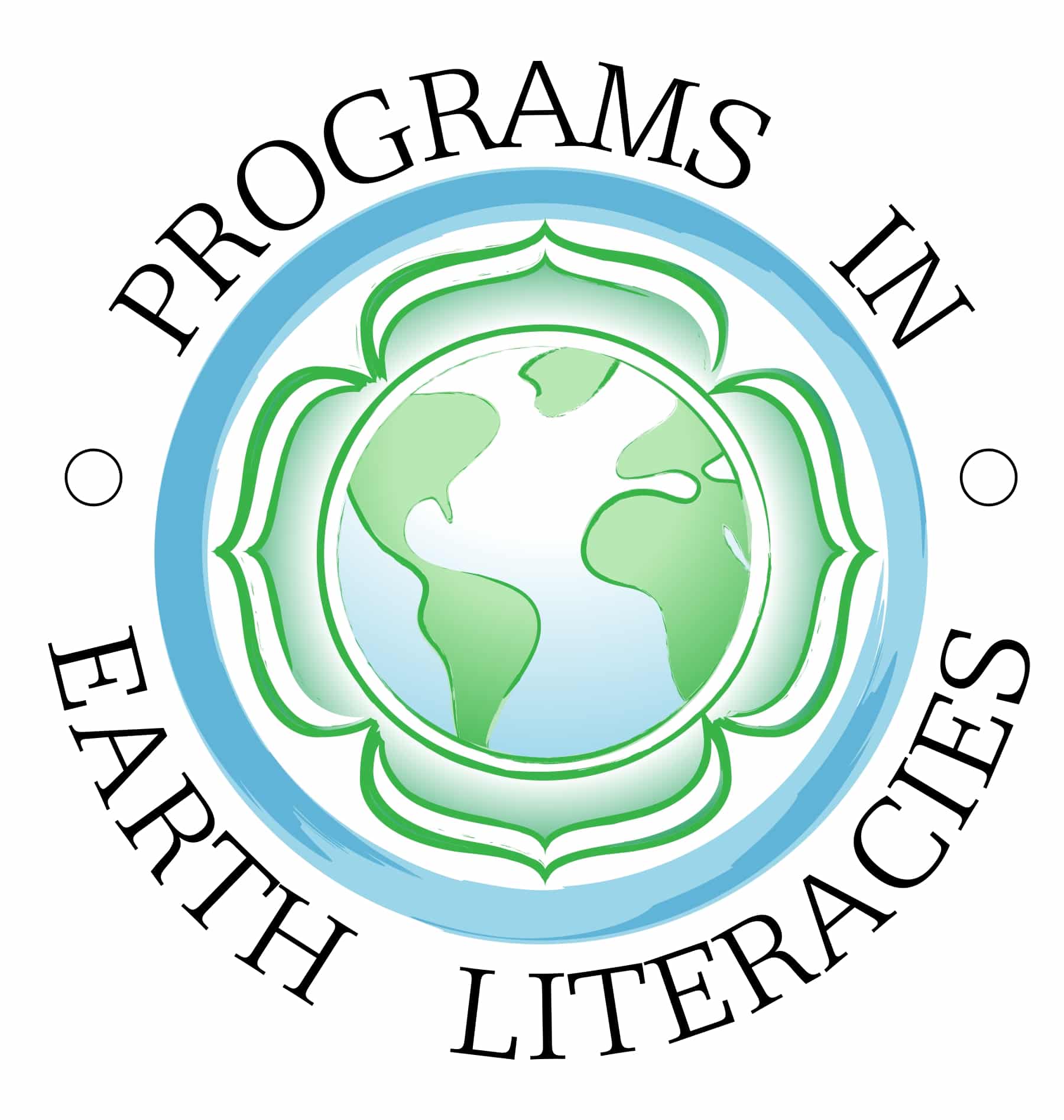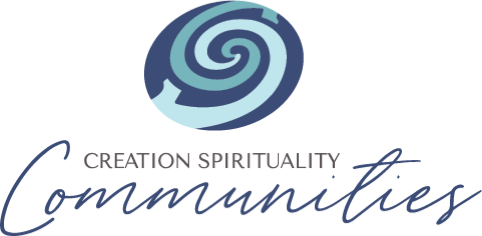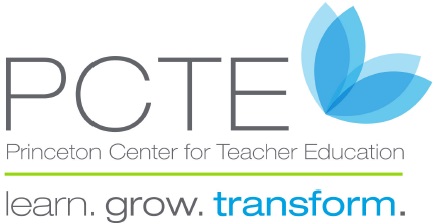Home › Forums › Deep Time Journey Forum › Science and Spirituality
- This topic has 0 replies, 1 voice, and was last updated 5 years, 6 months ago by
 Ed Lantz.
Ed Lantz.
-
AuthorPosts
-
-
August 17, 2018 at 6:53 am #178935
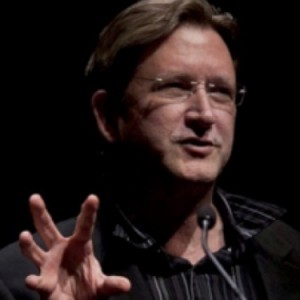 Ed LantzMember
Ed LantzMemberMany will agree that “emotional/mental hygiene” is an essential component in a holistic education. Practices such as mindfulness meditation are still considered in some circles to be Buddhist or Hindu religious practices and should therefore be forbidden in the classroom. We are now learning from researchers that there are many measurable benefits to meditation, including physical, mental and emotional.
There are other religious practices that likely have benefits as well, but religious practices cause conflicts if taught in schools and are not often the focus of research labs. Yet there seems to be a growing focus on “spirituality” in a more secular or humanist sense as opposed to a particular religion or religious path.
One of the greatest challenges of this topic involves overcoming preconceptions and terminology that can trigger judgements or misconceptions. Many scientists cringe at the words “spirit,” “spiritual” or “God.” These terms are used in different ways by various religious paths.
I propose to focus on phenomenology – the observational domain seen by looking within at one’s own consciousness – the “inner eye” – as the primary domain of spirituality. In this manner we might present spirituality not as a mystical realm that must be taken on faith, but as an observational domain accessible to all and worthy of study and practice.
Spiritual practices and technologies as used within religious paths and include inner prayer (where you talk to “God,” “the Universe,” “Great Mystery” or your “Higher Power”), mindfulness, prophesy (listening to God), mystical experiences (experience of God), and discerning “right action” (following God’s plan). There are also practices to cope with our biological nature (mastery of mind, desires and emotion). These spiritual practices are methods of harnessing deep layers of our psyche and have purpose even in a secular light.
Science, until recently, has been ill equipped to study subjective phenomena. Mindfulness and mystical experiences are now being explored by neuroscientists. Positive psychology is a new field concerned with improving our “quality of consciousness.”
There are paths such as Freemasonry that have secularized certain practices that are very akin to spiritual practices.
Do you see more secularized “spiritual” practices moving into mainstream scientific research and education? What is the function of spirituality in our post-postmodern era?
-
August 20, 2018 at 3:54 pm #178942
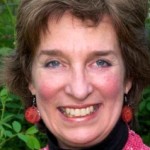 Jennifer MorganParticipant
Jennifer MorganParticipantGreat question Ed! And so glad to see you on the Network! You’ve always added thought provoking comments.
Many of us just came from the Big History conference at Villanova University in Philadelphia. Big History is evidence based and focuses on a grand narrative of the universe, starting with the Big Bang. It was started by scientists and historians. The first conference, held in Grand Rapids about 8 years ago and succeeding conferences were quite hostile to spirituality and to religion in general. In this last conference, the hostility was still there, but greatly diminished. I think there’s a recognition that when you’re talking about cosmology — and a grand narrative of the universe is a cosmology — it’s impossible to keep spirituality/religion outside of the discussion.
Re your question about secularized spiritual practices moving into the mainstream, I would say YES that’s happening.
At the conference, a panel lead by Orla Hazra, Prashant Olalekar and my self on Big History and Ritual explored secular ways of using ritual to internalize a science based story of the universe. For thousands of years, ritual has been a means by which humans internalized their relationship to the cosmos, bonded with each other, and discovered their sense of place and meaning. It can be used powerfully in a secular setting as many are discovering. Craig Benjamin, one of the founders of the International Big History Association, participated in this session and said that his students do better academically when they have a mindfullness practice.
At the Big History conference, An Emergent Universe Oratorio, composed by DTJN member Sam Guarnaccia, used a traditionally religious format to tell the story of the universe and was performed in the church at Villanova. Beautiful and powerful. The church pulsed with energy.
Over the last 35 years or so, many Catholic sisters have been at the forefront of developing rituals to tell the story of the cosmos. The Cosmic Walk, developed by Dominican Sr. Miriam MacGillis, doesn’t rely on any religious language.
Our professional development courses on the Network in Deep Time Education are aimed at evoking inner transformation in a secular context. https://deeptimejourney.org/deep-time-education/
In the next news feed I’ll highlight this important conversation. Thanks so much for starting it Ed. Others will be coming into the discussion.
-
September 16, 2018 at 10:14 am #178944
 Jennifer MorganParticipant
Jennifer MorganParticipantHello Ed,
This upcoming conference in November sounds like something you would be interested in: The Inside Story: Consciousness, Nature, Transcendence; A transdisciplinary conference on Mind, Matter, Meaning and Mysticism. It’s at Villanova in Philadelphia. Top speakers in this field.
More soon!!!
-
-
AuthorPosts
- You must be logged in to reply to this topic.


